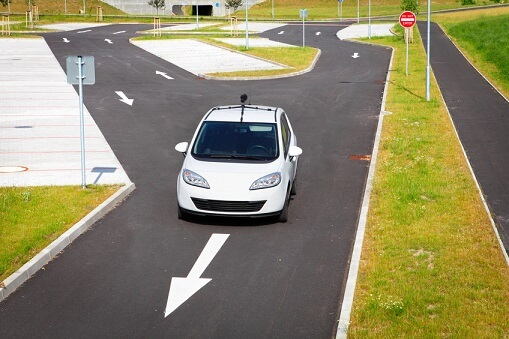“Automated crash-avoidance technology is already changing the landscape of risk.”
Chris Moulder, vice president and broker at
Worldwide Facilities’ Atlanta office, made this observation as the company announced the availability of a new product to cover the autonomous vehicle industry.
The new product will provide commercial auto liability, physical damage, and inland marine coverages for autonomous vehicle manufacturers, research and development firms, parts and components manufacturers, and auxiliary firms involved in the production of full Level 4 autonomous vehicles.
“As modern vehicles incorporate more automated features, such as front-end crash warning systems and blind spot detection, insurance is being called upon to evolve. Automation technology leaves vehicle and component part manufacturers increasingly exposed during the testing process, as well as in the event of consumer accidents,” Worldwide Facilities said in a statement.
Learn five steps to help your healthcare clients mitigate cyber risks. Download our free whitepaper.
The firm also said that the new product offers $1 million in combined single limit for liability coverage and full excess limit capabilities. It is available in states that have existing demand for the product.
Consulting firm Deloitte said in a recent market insight report that: “Across the ecosystem, from auto retailers to insurance to finance, businesses are watching automotive industry trends and realigning to remain competitive and viable as the future of mobility unfolds.
“Companies that are preparing now—deciding where to play, transforming operations, implementing new technology, refocusing talent and marketing—will be well positioned to win.”
Moreover, strategic research firm Lux Research said in a 2014 report that the autonomous vehicle market will evolve into an $87 billion opportunity by 2030, with China emerging as a major contender for market share, demand and value.
Related stories:
State senator defends 7-day insurance policies as insurance department threatens to ban them
State Farm still #1 for auto – but other insurers closing the gap


